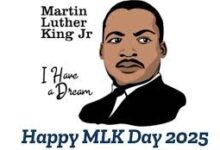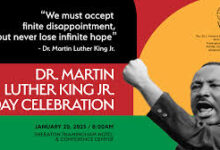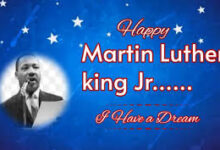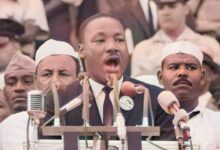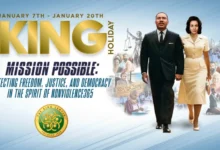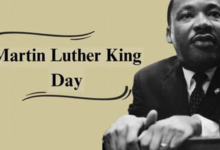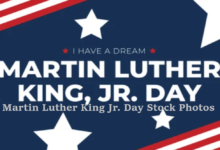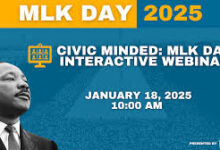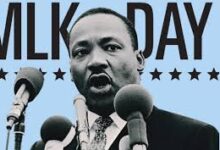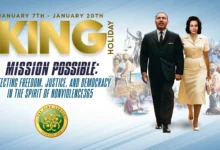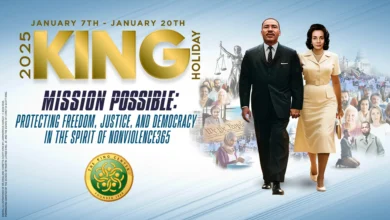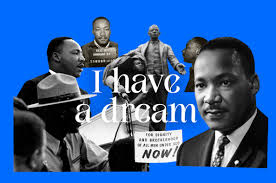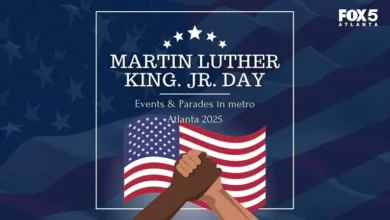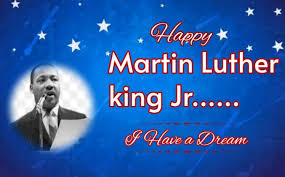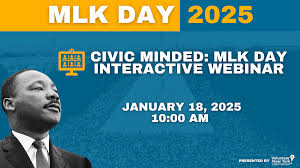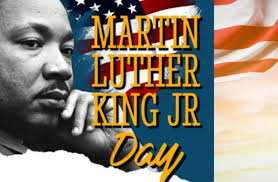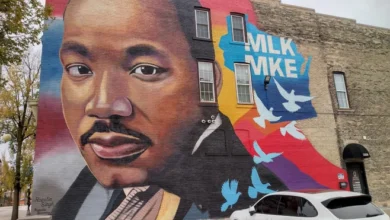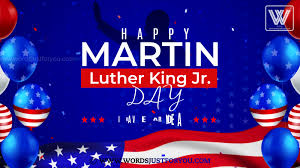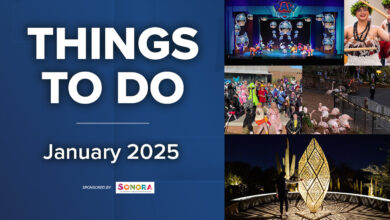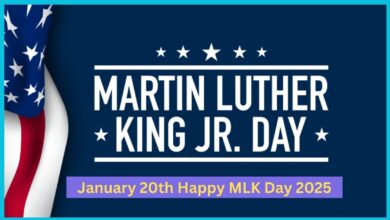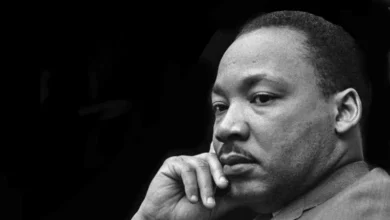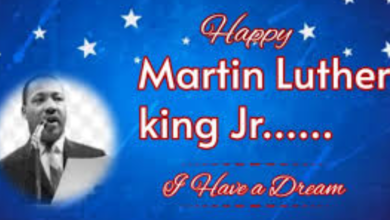Martin luther king jr motivational speech
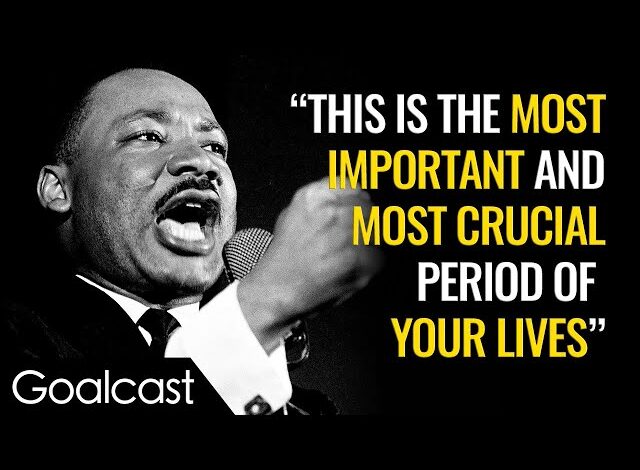
Few names echo as profoundly through the corridors of history as Martin Luther King Jr.’s. A symbol of courage, resilience, and justice, Dr. King’s speeches continue to inspire movements, leaders, and individuals striving for equality and hope worldwide. His words were not just about changing policy—they were about touching hearts, sparking action, and motivating change that transcends generations.
This blog explores the key elements of Martin Luther King Jr.’s iconic motivational speeches, why they remain relevant today, and what we can learn from them to implement in our personal and professional lives.
The Art of Words That Move Mountains
The Purpose Behind King’s Speeches
At the forefront of Dr. King’s speeches wasn’t just the desire for civil rights but the determination to awaken a collective consciousness. He knew change wasn’t possible without unity. His skillful use of language aimed to bridge divides, inspire shared purpose, and galvanize action.
- Empathy: Dr. King had an unmatched ability to deeply empathize with the struggles of others, ensuring his listeners felt seen and understood.
- Vision: His speeches cast an irresistible vision of a better tomorrow—a world defined by justice, freedom, and equality.
These qualities made his words universally relatable and timeless, transcending decades and appealing to audiences across the globe.
Key Elements of a Dr. King Speech
1. The Power of Metaphor
Dr. King’s speeches brimmed with metaphors and imagery that painted pictures in the minds of his audience. These tools made his ideas accessible and easy to understand. Take his “I Have a Dream” speech, for example. When he described America as a “promissory note,” people could visualize the unfulfilled promises of liberty and justice.
Actionable Tip: Want to inspire action? Use clear and vivid imagery in your own communication to help your audience emotionally connect to your message.
2. Repetition for Resonance
Dr. King used the technique of repetition masterfully. “I have a dream…” echoed throughout his speech, reinforcing his vision of equality and embedding it deeply into his listeners’ minds. Repetition didn’t just add rhythm; it amplified the emotional weight of his words.
Actionable Tip: When delivering your own message—whether in writing, presentations, or speeches—identify a core phrase or idea you can restate meaningfully for emphasis.
3. Inclusive Language
“We,” “Our,” and “Us”—King frequently used these collective pronouns to foster unity and strength. His emphasis on shared responsibility and vision appealed to diverse audiences who identified with his inclusive mission.
Actionable Tip: Speak to your audience as part of their group. Inclusive language creates connections and shows your message is relevant to them.
4. Hope and Optimism
Even in the face of unimaginable adversity, Dr. King never failed to infuse hope into his speeches. He spoke of better days ahead and urged determination. This unwavering optimism ignited courage, especially during times of despair.
Actionable Tip: When addressing challenges, balance realism with optimism. Paint a realistic but hopeful view of what’s possible through determination and effort.
Why Dr. King’s Speeches Still Resonate Today
1. Universal Themes
Dr. King’s words addressed issues of justice, equality, and freedom—concepts that are both timeless and borderless. Today, they serve as reminders of unfinished battles and inspirations for new generations to keep striving.
2. Emotional Connection
King’s speeches transcend time because they were deeply personal. He spoke not only of systems and policies but of human dignity. This emotional connection keeps his words alive in human hearts.
3. Practical Call to Action
Beyond motivation, Dr. King’s speeches carried clear calls to action. From voting to protest, his words mobilized people to create tangible change.

Interpreting Dr. King’s Lessons for Modern Life
While most of us won’t be called upon to fight for equality on a global stage, the principles of Dr. King’s speeches are useful tools in our everyday lives.
1. Building Bridges Instead of Walls
At its core, Dr. King’s success lay in his ability to unite diverse audiences. Whether leading teams at work or influencing social change online, learning how to bring people together around shared goals is invaluable.
2. The Power of Resilience
The civil rights movement was not an easy road, but King’s words taught people to persevere through fatigue, failure, and fear. He reminded us all of the power in resilience—a lesson particularly relevant in an age of burnout and constant change.
3. Effective Communication and Leadership
Dr. King didn’t command authority solely through his position—he earned it through his ability to articulate vision in ways that made people want to follow. Strong communication skills are essential for leaders, whether you’re leading a team, a family, or a personal goal.

